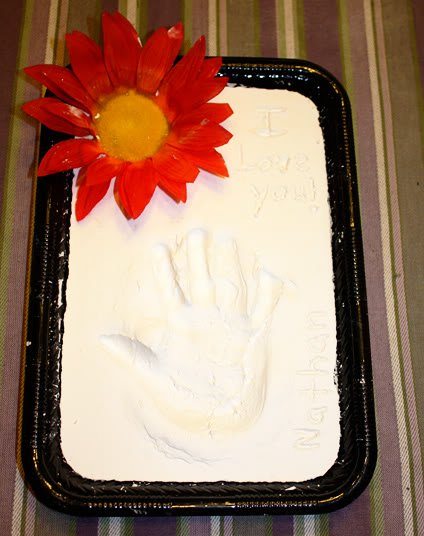
Solar panels are built to withstand hail, strong winds, and other harsh weather conditions. They’re made of tempered glass, which helps protect them from breaking and bending.
As long as they’re clean, panels should stay in good condition throughout a solar system’s lifetime. Nevertheless, some maintenance is still required to keep them operating effectively.
Cleaning
Solar panels convert the sun’s energy into clean solar electricity for homes and businesses. But as their surface accumulates dirt, dust, and other pollutants over time, it can interfere with the module’s power conversion capacity, reducing its performance.
Luckily, it’s relatively easy to prevent this buildup and keep your panels performing at their best. But if you’re dealing with excessive accumulation or notice significant performance drops, it’s probably time to call the professionals.
Cleaning can be a do-it-yourself project, but you should carefully follow the manufacturer’s maintenance instructions. For example, don’t use strong dish soap on your solar panels. Soap can leave a residue that can cause future problems with your panels’ efficiency and look.
Many solar companies offer panel cleaning services as part of their annual maintenance service or suggest it whenever they come to install a new system. But it’s only sometimes covered by your PV manufacturer’s warranty or operations and maintenance (O&M) contract.
Inverter
Inverters are a crucial part of solar panel maintenance. They work to transform DC power from solar panels into AC power that appliances and other electrical devices can use.
They also provide grid services like reactive power, which helps to balance the flow of electricity on the grid by controlling the voltage and current on a circuit. It can be an important way to reduce energy waste and maximize efficiency.
An inverter can be used as a standalone unit or connected to a larger circuit, such as a power supply unit (PSU) or a UPS.
Inverters are complex equipment, so a professional technician best handles them. They can determine whether an error is causing the issue and can help fix it quickly.
Solar Panels
If you want to keep your solar panels producing electricity at a high level, you should know how to maintain them. The best way is to clean them from dirt, debris, and bird droppings.
You should thoroughly clean once yearly to remove dirt and grime from the panels. Due to climatic factors like prolonged dry spells or severe rain, some regions may require more regular sun cleanings.
Typically, any drop in the solar panel’s energy production is a sign that it needs cleaning. A prolonged decline in the output indicates that the panels are dirty or obstructed by something, like debris.
Monitoring
Solar energy systems are low-maintenance, reliable sources of clean electricity. But, like any other equipment or device, there are occasionally issues with your system that can cause it to lose efficiency.
Monitoring your system can help you find and fix these problems. This technology allows you to access your system’s performance at any time, allowing you and your installer to discover any potential malfunctions before they can lead to higher-than-expected electric bills.
Solar monitoring works by tapping into your inverter or inverters and relaying that data to a cloud-based monitoring platform for around-the-clock access. The platform can then identify any issues with your solar power system and dispatch a service technician to rectify them before they affect your monthly savings.





